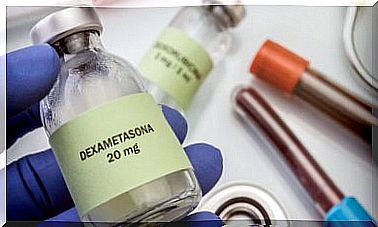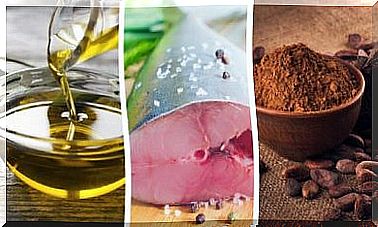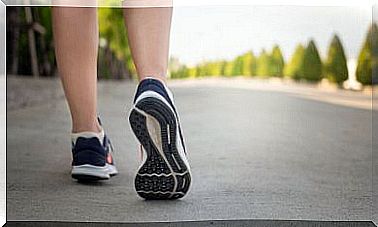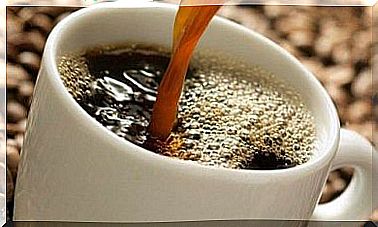Does Exercising Increase Appetite?
The question of whether exercising increases or reduces your appetite is hotly debated. In fact, studies have been carried out on this subject with different results.
Actually, the relationship between exercise and appetite depends on many factors, such as the relative intensity, the duration of the sport and whether it is a new movement.
In addition, issues such as the mentality of each one and the diet that one follows are relevant. The level of physical condition, the percentage of body fat or the ability to recognize hunger signals are other relevant factors.
Does exercising cause more desire to eat?
Most research shows that exercise decreases the urge to eat. In this regard, a 2012 study from Brigham Young University found that 45 minutes of moderate to vigorous exercise in the morning reduces a person’s motivation for food.
On the other hand, a 2017 Spanish study published in the Revista Clínica e Investigación en Arteriosclerosis found that exercise reduces the levels of the appetite-stimulating hormone (ghrelin) and increases those of the appetite suppressant (leptin). It also found that physical exercise alters the activity of certain brain regions after viewing certain foods.
However, other research suggests otherwise. This is the case of a 2005 study from the University of Florida, which shows that exercising in cold water, instead of warm water, could increase people’s appetite.
Additionally, 2008 research from the Endocrine Society asserts that the apparent hunger-suppressing effect of exercise does not apply to obese women in the same way that it does to lean women. Other variables, such as the temperature outside, the altitude of a city and where they are in the menstrual cycle are decisive.
In any case, most studies have found results in favor of exercise reducing appetite. However, these evidences are subject to the specific circumstances of each person.
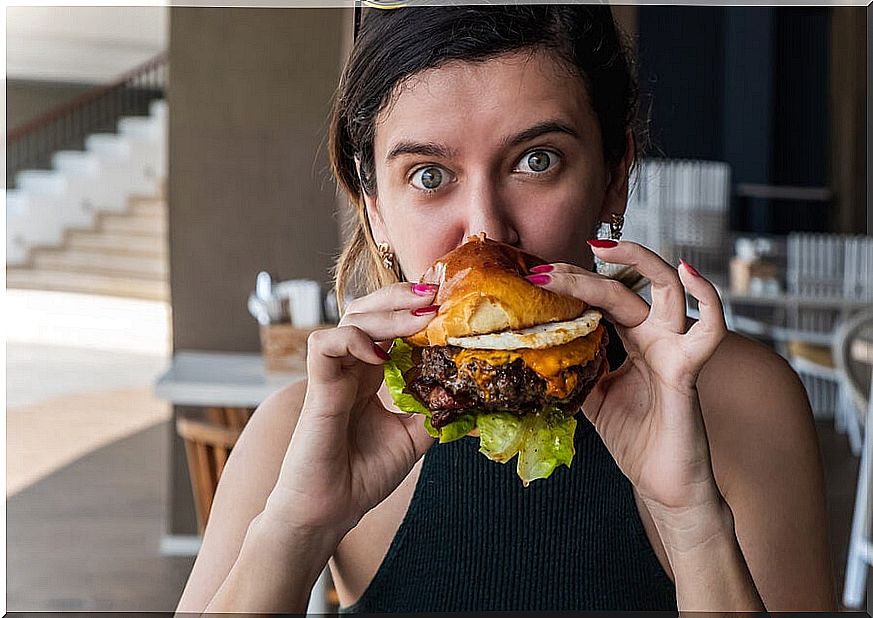
Tips for not eating uncontrollably after exercising
Many may be wondering why I am so hungry when I finish training. Regarding this, there are very different opinions and justifications.
In most cases, experts attribute this anxiety to eat to the need to replace the calories consumed after carrying out a very intense exercise.
Once again, going back to what we said, this is a question related to the type of activity, intensity, physical preparation and other factors. They also have to do with food in general, the intake of products prior to movement and hydration during activity.
It’s actually okay to eat after exercising. In many cases, it is even necessary. The problem we face is that voracious and uncontrolled hunger that only lets you think of buns, hamburgers or junk food.
Therefore, avoiding this uncontrolled urge to eat has to do, in the first place, with a complete approach to training that includes planning a proper diet. But there are some other things that can be done. Let’s see.
Prepare a small healthy post-workout snack
If you feel an insatiable craving to eat after exercising, bring or prepare a healthy snack in advance to help mitigate those cravings.
For starters, drink plenty of water after training and before eating. Actually, the initial feelings of thirst and hunger are the same. That is why it is important that you drink the liquid first.
Then, depending on your goals, you can opt for a piece of fruit or a smoothie or a protein bar, for example.
Eat well and drink enough fluids before training
Eat foods that offer you energy before training. Depending on how much time passes between a main meal and exercise, you may need to eat something quickly absorbed 30 to 60 minutes beforehand.
Also, it’s important to drink fluids before exercising to stay hydrated.
During exercise, drink water
Water is the best drink to drink during training. Only in the case of very prolonged activities can it be interesting to drink sports drinks. The recommended amount is between 500 and 700 milliliters for every hour of exercise.

Exercise and appetite regulate each other
If you regularly eat a good diet and plan your meals wisely, based on the energy requirements of physical activity, it is very likely that you will keep your cravings under control after exercising.
In any case, if the urge to eat continues, it would be interesting to seek advice and speak with a sports nutritionist. If you are following a calorie-restricted weight loss plan and exercise makes you anxious to eat, don’t hesitate and contact your professional.

